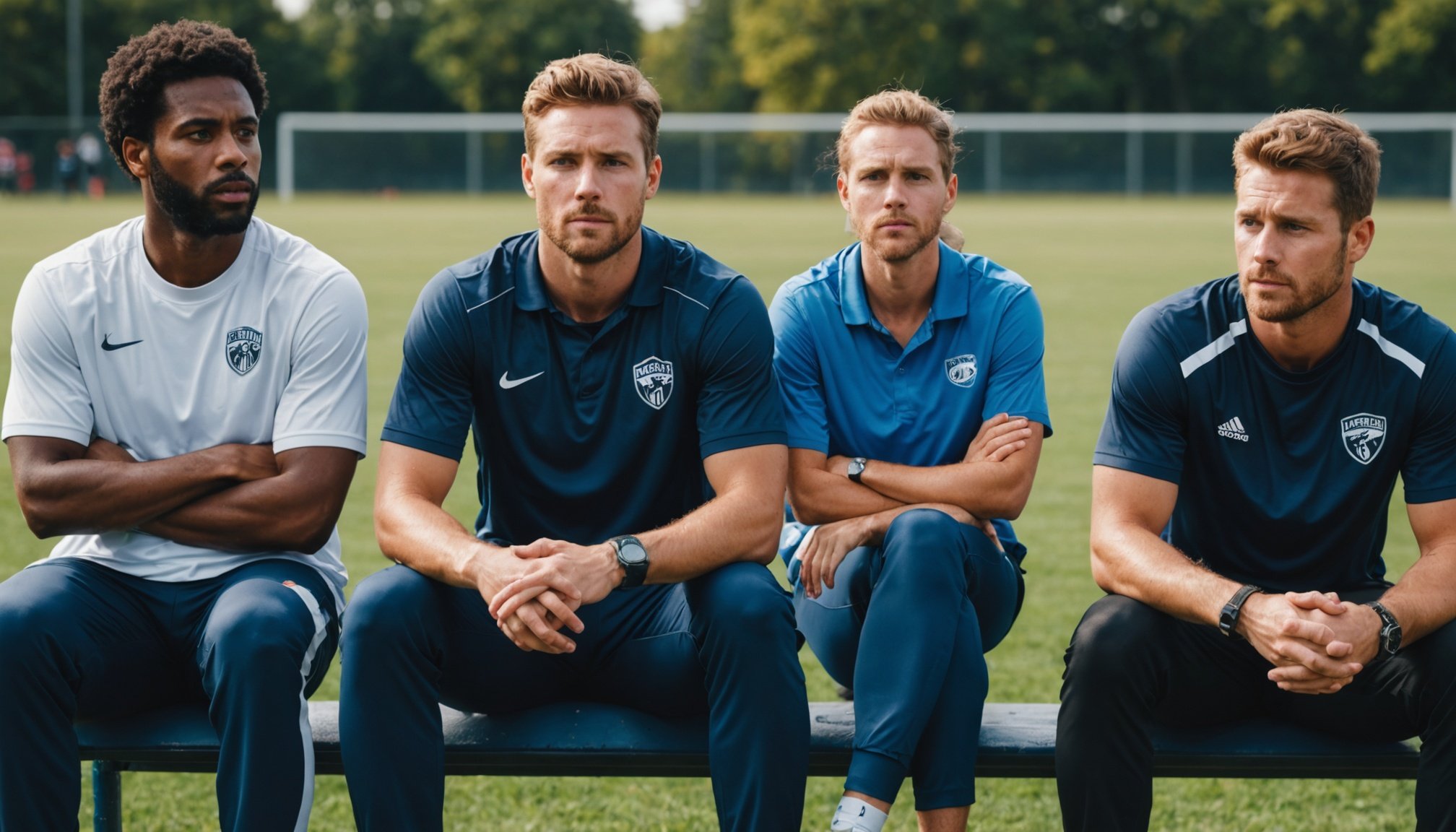Sports have always been about more than just physical prowess; they represent a realm where mental resilience plays a critical role in an athlete’s success. With the growing recognition of mental health as a vital component of performance, sports organizations worldwide are beginning to see the importance of providing robust support systems for their athletes. From student athletes balancing academics and training to elite performers facing immense pressures, the challenge is universal. This article dives into the ways sports organizations can effectively support the mental wellbeing of their participants and create a sustainable, nurturing environment for their growth.
Understanding the Mental Health Needs of Athletes
Before establishing effective support systems, it is crucial for sports organizations to comprehend the mental health landscape that affects athletes. Each athlete navigates unique stressors, whether they’re physical, emotional, or social, that can significantly influence their overall performance. These stressors often stem from:
In parallel : Exploring the Lasting Advantages of Competitive Sailing Participation
- Competitive Pressure: The constant drive to excel and the fear of failure can lead to anxiety and burnout.
- Injuries: Physical injuries not only impact an athlete’s body but can also lead to depression and a sense of isolation.
- Academic Demands: Student athletes often juggle rigorous academic schedules alongside demanding training routines.
- Social Expectations: The pressure to maintain a particular image or meet family and societal expectations can weigh heavily on an athlete’s mind.
Recognizing these challenges allows organizations to tailor their support services to better accommodate the diverse needs of their team members. By doing so, they lay the groundwork for a healthier, more balanced approach to sports and competition.
The Role of Coaches and Support Staff
At the heart of every sports team lies a dedicated group of coaches and support staff who play a pivotal role in shaping the athletes’ mental and emotional landscapes. They are often the first line of defense when it comes to identifying changes in an athlete’s behavior or demeanor. To better aid their teams, coaches need to:
Also read : Unlocking Endurance: Discovering the Best Dietary Fats for Triathletes
- Foster Open Communication: Creating a culture where athletes feel comfortable discussing their mental health concerns without fear of judgment is essential. Encouraging open dialogues helps in identifying issues early and provides a platform for seeking help.
- Promote a Balanced Approach: While competition is a significant aspect, emphasizing the importance of rest, recovery, and mindfulness can reduce stress and foster a more positive environment.
- Continuously Educate Themselves: Staying informed about the latest research and strategies in athlete mental health enables coaches to offer relevant, effective support.
By empowering coaches and support staff with the right tools and knowledge, sports organizations can provide a strong safety net that significantly enhances an athlete’s wellbeing and performance.
Building a Supportive Team Environment
Creating a team environment that prioritizes mental health involves more than just individual efforts; it requires a collective commitment from all members. A supportive team environment can:
- Cultivate a Sense of Belonging: Team athletic initiatives, social events, and bonding activities help athletes feel more connected to their teammates, alleviating feelings of isolation.
- Normalize Mental Health Conversations: Bringing mental health discussions to the forefront, through regular check-ins or workshops, removes stigma and encourages athletes to seek help without hesitation.
- Establish Peer Support Networks: Encouraging athletes to support one another can foster stronger social bonds and provide additional layers of support.
A cohesive team not only enhances the performance of individual athletes but also bolsters their mental resilience, leading to more fulfilling and successful sports experiences.
Utilizing External Resources and Services
Sports organizations need not handle the mental health of their athletes alone; numerous external resources and services can provide valuable assistance. These resources include:
- Professional Counseling Services: Partnering with mental health professionals who specialize in working with athletes ensures that athletes receive expert care tailored to their unique challenges.
- Community Workshops and Training: Hosting mental health awareness workshops can educate athletes and coaches on how to better manage stress and recognize signs of distress in themselves and others.
- Online Platforms and Apps: Leveraging technology to provide convenient access to mental health support via apps or virtual counseling can reach athletes who prefer digital interaction.
By integrating these external resources, sports organizations can offer comprehensive support systems that address the multifaceted needs of their athletes.
The mental health of athletes is a critical factor in their journey to achieving peak performance and fulfilling their potential. As sports organizations strive to create nurturing and supportive environments, understanding the unique challenges faced by athletes and actively addressing them becomes imperative. By empowering coaches, building cohesive teams, and tapping into external resources, organizations can ensure their athletes not only excel in their sports but also thrive in their personal lives. Through these concerted efforts, the world of sports can become a beacon of well-being and resilience for all athletes.











